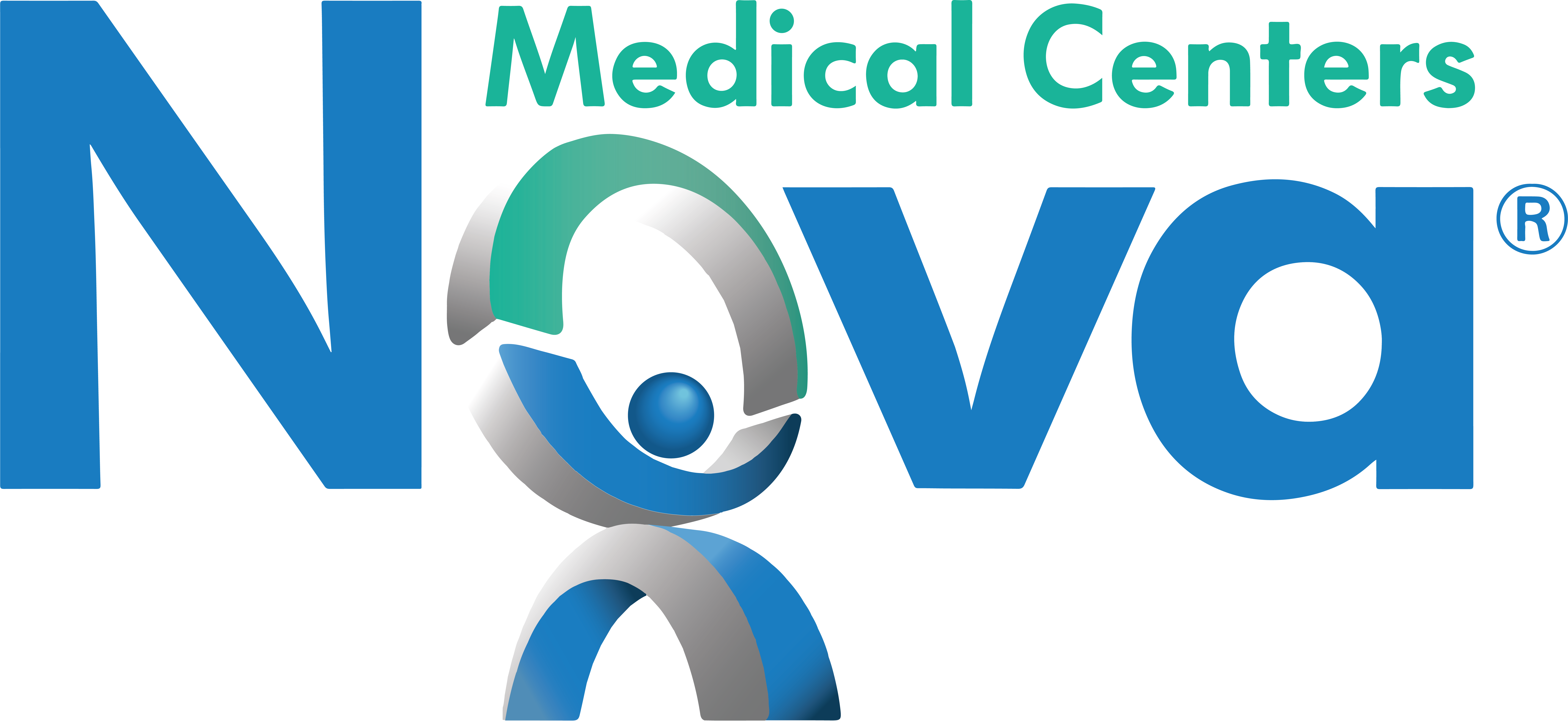
In today’s hustle and bustle economy work has become an added stress instead of being the stepping stool needed to launch us into a more thriving financially successful life, work has taken on a different meaning. According to the U.S. Department of Health and Human Services, the average number of hours worked annually by workers in the United States has increased steadily over the past several decades and currently surpasses that of Japan and most Western Europe.
Extended or unusual work shifts may be used to increase a person’s resources or are often required by first responders doctors, firefighters, etc. Working irregular hours can be hazardous to your health and also increase the risk of injuries and accidents. Research from the Harvard Business Review workaholics, whether or not they work long hours, reported more health complaints and had increased risk for metabolic syndrome; they also reported a higher need for recovery, more sleep problems, more cynicism, more emotional exhaustion, and more depressive feelings.
Making a change…
Mistakenly people may assume that sleep that the lack of sleep caused by these usual work hours can be overcome by motivation, professionalism, training, and experience which is not true! As an employer, it is important to examine work demands and make use of each employee to prevent overworking those in the current field. Keep in mind that fatigue will be a bigger problem when responders are working long shifts and the tasks are very demanding or exposed to other health or safety hazards. As an employee, it is very important to plan two full days of rest or at minimum one day during the course of a week where workers relax and naturally wake up without setting an alarm.
When extended or unusual work shifts are not avoidable there are a lot of different two minutes or fewer steps that can be done to further help. In addition to regular lunch breaks some techniques that help relax the brain and train your mindset are;
- Meditation- improves a wide range of skills including attention, focus, stress management, and self-awareness.
- Deep breathing- as you exhale, your heart rate slows, repeated deep breaths will naturally bring your heart rate more in sync with your breath. This leads the brain to release endorphins, chemicals that have a natural calming effect.
- Imagery- close your eyes and visualize yourself in a more relaxing setting.
- Stretching- stimulates receptors in the nervous system that slow the production of stress hormones. It can als0 increase blood flow, flexibility and improve your posture.
Learning to recognize the symptoms and impact of demanding work schedules can prevent worker fatigue and fatigue-related injuries and illnesses. Read our Nova blog for further ways to help maintain your mental health in your work environment.



